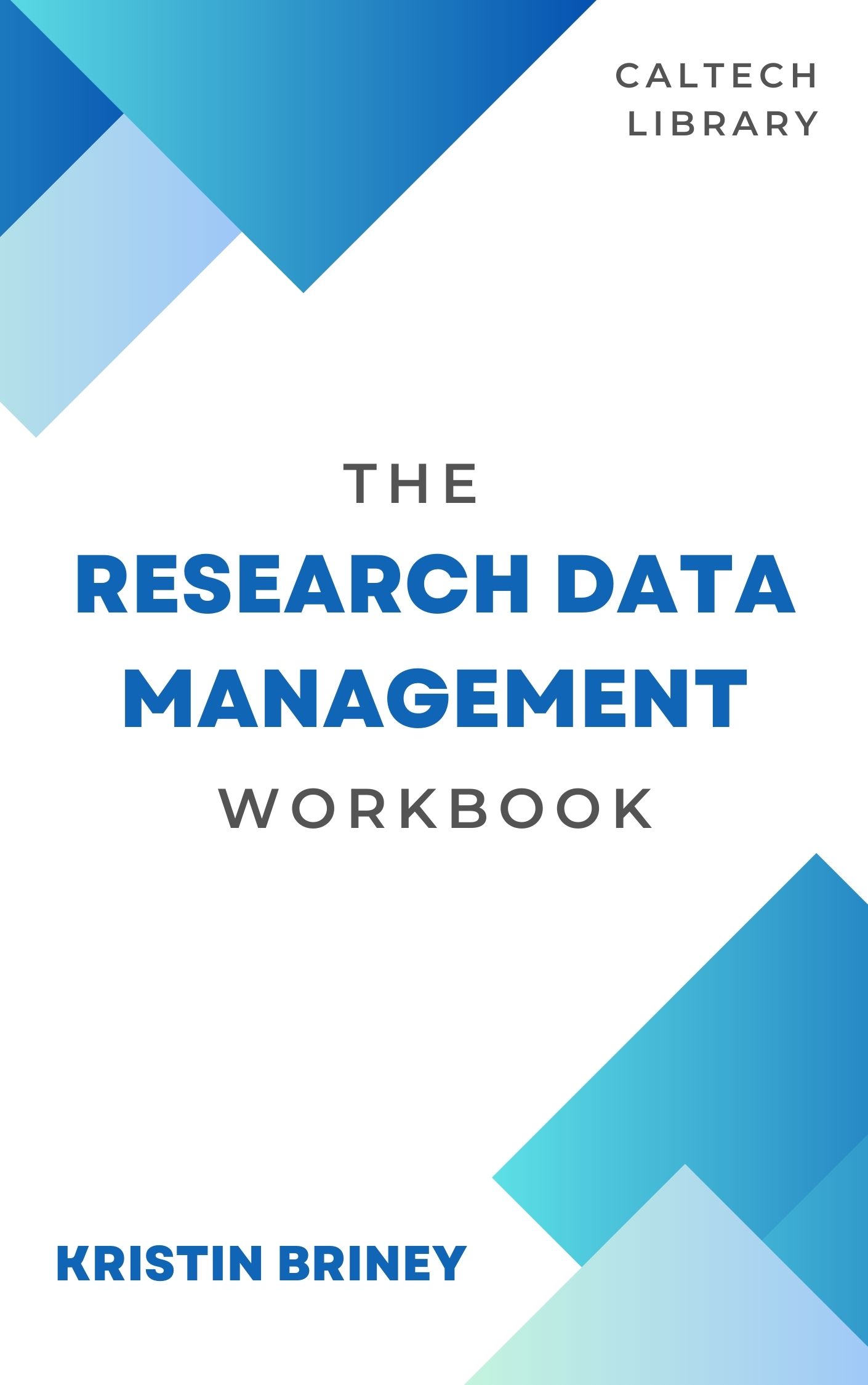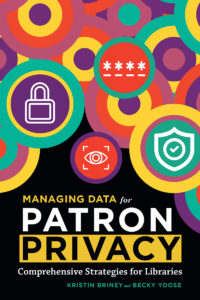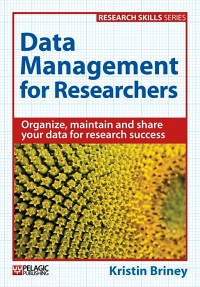I talk a lot on this blog about one of my big personal interests, data management, but I’m always excited to have an excuse to discuss another interest of mine, university data policy. Today’s excuse to delve into policy comes from one of my data-policy-research collaborators, who sent me a data story so thorny that I just had to discuss it here on the blog.
The case involves a prominent Alzheimer’s researcher, Paul Aisen, who ran the Alzheimer’s Disease Cooperative Study at UC San Diego and just took a job at new Alzheimer’s center run by USC. Aisen is taking 8 staff members with him to the new center, plus his National Institute on Aging grant and its corresponding data. Unfortunately, UC San Diego says that Aisen does not have permission to transfer these grant resources to USC. The data is particularly sticky issue here, as UC San Diego is alleging that the researcher transferred the data to an Amazon server and won’t share the password with UC San Diego administrators. The result is that UC San Diego – or more specifically, the UC System Regents – are now suing both Aisen and USC over the money and the data.
There’s a few issues going on in this case that are worth discussing. First, can the researcher take the grant to another institution? Second, who owns the data? Third, can the researcher take the data to another institution?
The first issue involves grant administration. The news article about this lawsuit states that “university declined to let [Aisen] keep the associated government funding.” UC San Diego likely has some authority to do this as grants are usually given to universities to administer on behalf of the researcher and not directly to the researchers themselves. So while most institutions allow researchers to transfer grants when they move jobs, it’s not necessarily a given – especially where funding covers a whole center rather than a single research group.
The second issue is actually the clearest of the three. University of California System policy states that all data generated by research on campus is owned by the university, or more specifically the University Regents (who are the official suing party in the lawsuit). So Aisen does not own this data, the University Regents do.
However, just because the university owns the data doesn’t mean a researcher doesn’t have rights to the data when he/she leaves the university. PI’s at UC schools are allowed to take a copy of the data with them but can’t take the original without written permission from their Vice Chancellor for Research (this presumes that the data is not “tangible research material”, which the researcher cannot remove at all without written permission). So at the very least, university system policy states that Aisen cannot prevent UC San Diego from accessing and maintaining the master copy of the data. On the flip side, Aisen should be able to take some data with him to USC but it would only be a copy of the data for which he was listed as PI on the grant and not the whole study dataset, which dates back to 1991.
So without knowing the specifics of the case, I would say that UC San Diego seems to have a good claim to the data. This directly results from having a clear data policy.
My own research has found that such university data policies are becoming more common but are far from ubiquitous. While these policies do provide important clarity, anecdotal evidence – like this story – suggests that universities are mainly leveraging these policies when significant amounts of money or prestige are involved. I think that’s a shame because such policies can be very helpful for data decision making.
The other key issue here is the fact that the university owns the research data. This is something that many researchers are uncomfortable with but is often a routine part of doing research at a university; it’s akin to the university claiming patent rights. That said, individual researchers usually get to make most all decisions about the data (in their capacity as data stewards) and should expect something in return for this deal. Namely, universities should take their ownership claim seriously and devote enough university resources to the care and maintenance of “their” data.
I’m looking forward to hearing more details about the case and going beyond my personal speculation to see how things are resolved. In the meantime, it’s makes for another good story to share on the importance of clear data policy.
August 2015 addendum: It looks like my initial assumptions that UCSD owned the data were correct. This LA Times article details how a judge ordered the data returned to UCSD.




